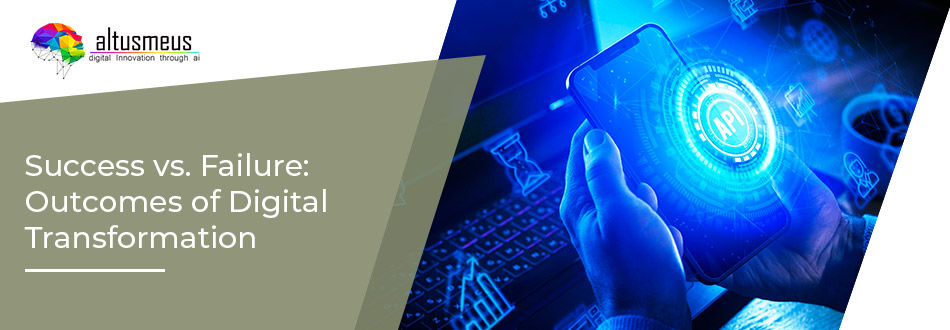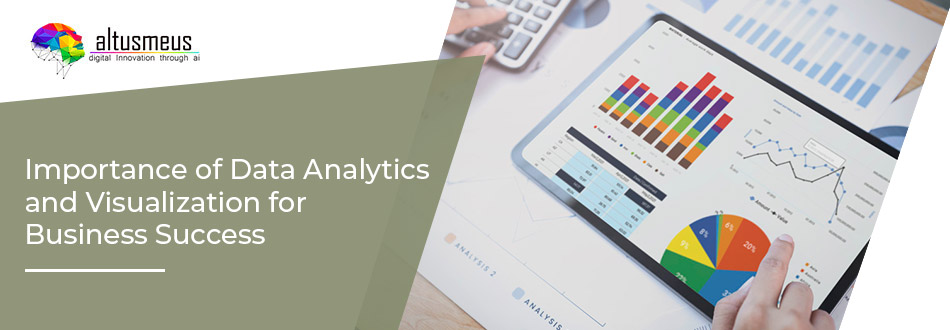Machine Learning (ML) is a type of Artificial Intelligence (AI) where computers are programmed to acquire data without human intervention. In ML, the development of the underlying algorithms relies on computational statistics. The data is provided to the computers from which it learns and gains information. The provided data teaches the computer by revealing underlying algorithms and complex patterns. The larger the data is provided to the machine, the more precise outcome is received from the machine.
In recent years, Machine Learning has been integrated into many aspects of healthcare to improve efficiencies and quality of care. With the increasing prevalence of machine learning, healthcare organizations are able to collect information about what is happening in real-time. In addition, the digitization of information has substantially reduced the cost of storing and retrieving data. This allows healthcare organizations to gain valuable insights into their operations and to improve patient outcomes. While machine learning algorithms can be complex, the basic concept is relatively simple: each algorithm is guided by a set of rules to look for patterns in data and make predictions.
In this article, let us consider some of the applications and benefits of Machine Learning in health care.
Applications of Machine Learning Healthcare
The increasing number of applications of machine learning in healthcare enables us to have a glimpse at a future where innovation, data, and analysis work hand-in-hand to serve countless patients without even realizing it. In the coming times, it will be quite common to find Machine Learning-based applications encapsulated with real-time patient information available from various healthcare systems of different countries. This will increase the efficacy of new treatment opportunities that were unavailable before.
Here are some of the applications of machine learning in healthcare.
Helps in Identifying Diseases and Diagnosis
Machine learning is proving to be a major boon in healthcare by providing a number of advantages. One of the advantages of ML is the identification and diagnosis of diseases and ailments. What otherwise requires many steps, and is often challenging, can be accomplished with relative ease. In fact, this type of technology is already being used around the world to assist with the early detection of cancer.
Drug Discovery and Manufacturing
Machine learning has already been used in nearly every aspect of healthcare, from reading X-rays to recommend treatment plans and surgical planning. Now, it is entering the world of drug discovery and manufacturing. In fact, a recent study found that machine learning could make drug discovery three times faster at the same cost. This new strategy has the potential to revolutionize drug discovery and manufacturing. For instance, researchers may use image processing to make sense of what is happening inside a cell. Or they may use machine learning to predict the properties of a newly synthesized drug molecule.
Personalized Medicine
Personalized medicine is a form of precision medicine that takes into account the variability of factors that influence health and provides an appropriate drug, medical device, or treatment for a specific patient. The many factors that can be considered in determining appropriate treatment for an individual include environmental risk factors, inherited genes, acquired genetic changes (mutations), and epigenetic factors. There is no doubt that the future of medical care lies in personalized medicine. Instead of looking at all patients in the same way, doctors will be able to treat people based on their individual needs, which will not only help improve patient outcomes, it will also lower costs and improve the overall health of the population. With the help of Machine Learning, doctors will be able to give patients personalized treatment plans that will be more effective than the “one size fits all” approach to medicine that we have today.
Smart Health Records
Maintaining proper health records is an exhausting process, and while technology has played a preeminent role in easing the process of data entry, the truth is that even now, a significant part of the system takes a lot of time to complete. Machine learning in healthcare eases up the processes to save time, money, and effort.
Final Words
Machine learning is all around us, from the way we interact with our phones and computers to healthcare. Machine learning has the potential to be a game-changer in healthcare. It can help clinicians to make better decisions, allowing them to spend more time with their patients and less time on administrative tasks. It can also help patients by providing a new way to access information and support that is customized to their individual needs and preferences.
Visit our website to know more about digital transformation services.





